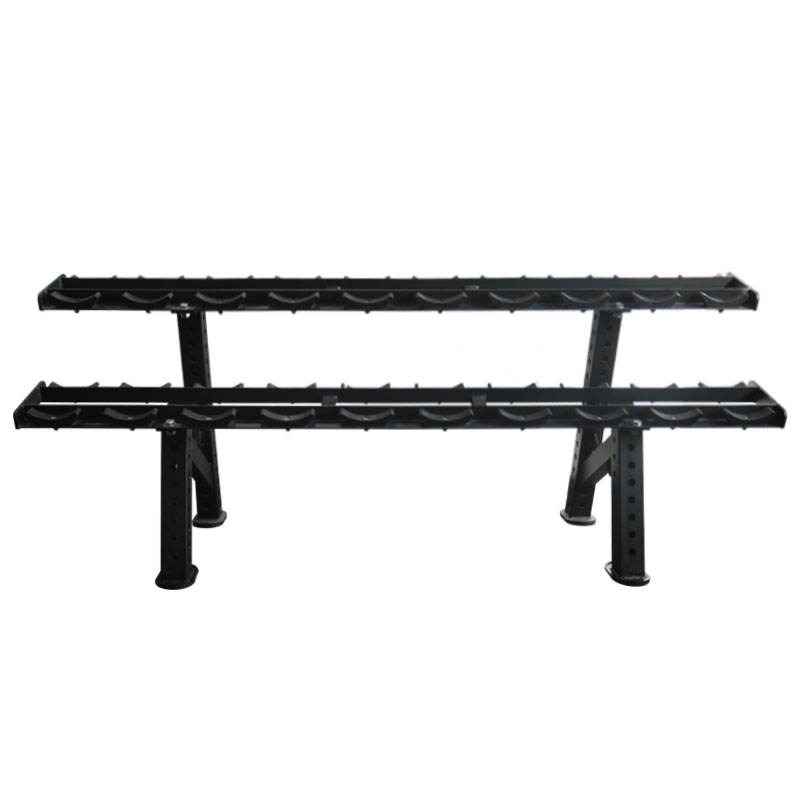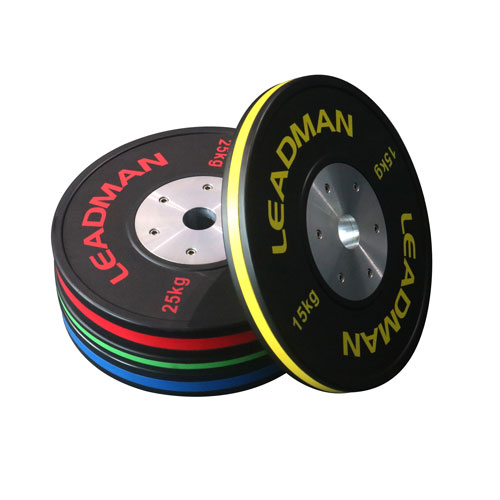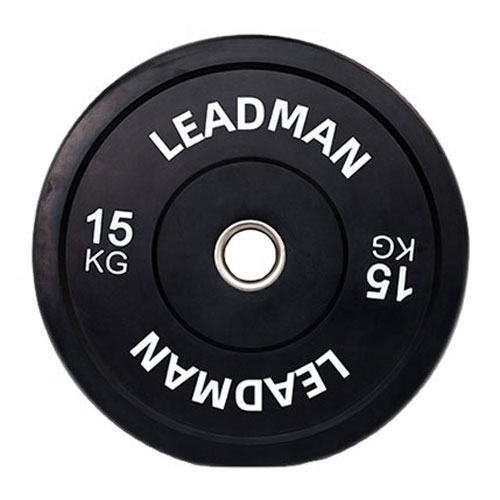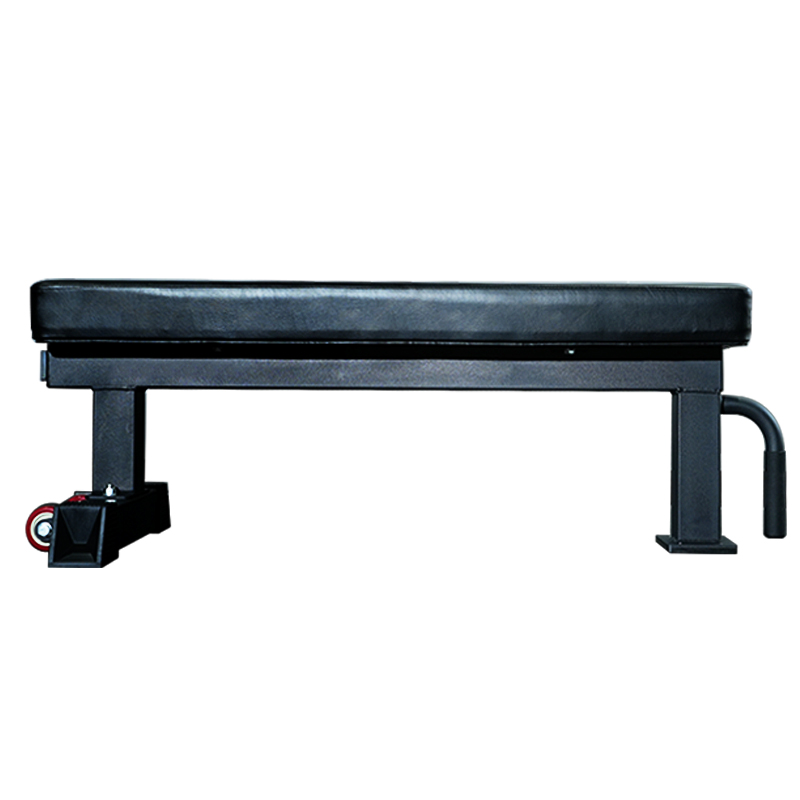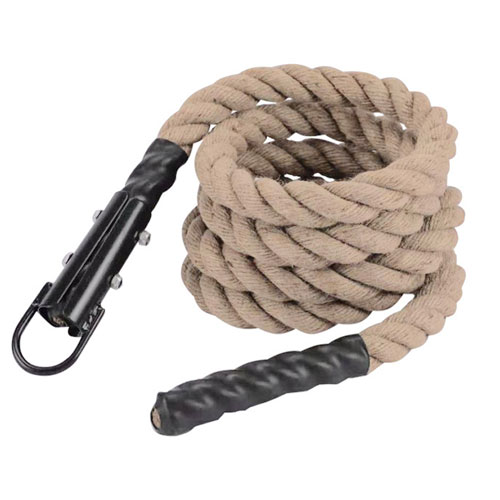Your Guide to Buying Quality Barbells for Strength Training
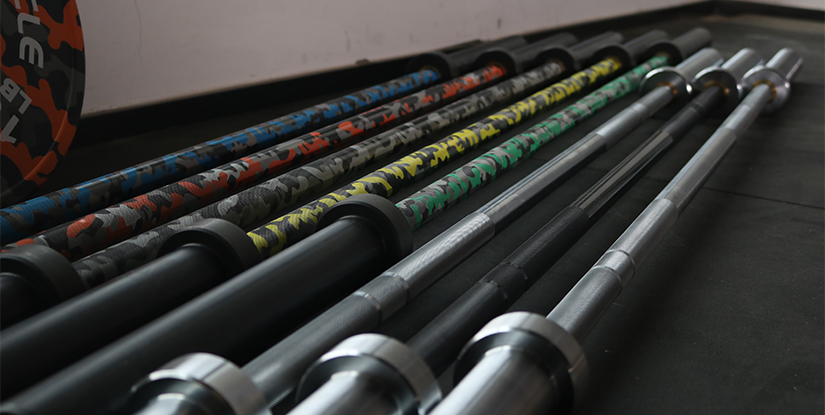
When it comes to strength training, few pieces of equipment are as versatile and essential as the barbell. Whether you're a seasoned powerlifter or just starting your fitness journey, finding quality barbells can make a significant difference in your training results. This comprehensive guide explores what you need to know about purchasing a barbell and where to find appropriate options to meet your fitness goals.
Why Quality Barbells Matter
A reliable barbell is crucial for effective and safe strength training. A good barbell enhances your performance and minimizes the risk of injury. Here are some key factors to consider:
1. Material and Durability
Durable barbells are typically made from robust materials like steel, ensuring longevity and resistance to wear and tear. The material affects the barbell's performance, especially in terms of weight capacity and flexibility. Consider the tensile strength of the steel for a quality option.
2. Knurling and Grip
The knurling on a barbell provides grip. Look for well-defined knurling that offers a secure hold without being too abrasive on your hands. Different knurling patterns cater to various preferences, so try to find what works best for you.
3. Weight Capacity
Ensure the barbell can handle the weight you plan to lift. Barbells with a higher weight capacity are suitable for both beginners and advanced lifters. Verify that the barbell can safely handle your intended load, which will support progressive overload.
4. Spin and Sleeve Quality
The sleeves of the barbell should allow for smooth spinning, which is crucial for exercises like the snatch and clean and jerk. Sleeves that rotate smoothly and are made from durable materials contribute to a better lifting experience and can minimize wrist strain.
Finding Barbells
Finding the appropriate barbell can involve considering various options. Here are some avenues to explore:
1. Local Fitness Equipment Retailers
Visiting local fitness equipment stores allows you to see and feel the barbells before purchasing. This is especially important for assessing the quality of the knurling and the overall construction. Ask the staff about the load ratings.
2. Online Marketplaces
Online retailers offer a wide range of barbells, often at competitive prices. Make sure to read reviews, check specifications carefully, and understand the return policy before making a purchase to protect your investment.
3. Specialty Fitness Dealers
Specialty fitness dealers often carry high-end barbells designed for specific training styles like Olympic weightlifting or powerlifting. These shops may also offer expert advice and guidance to help you choose the right barbell for your fitness goals.
4. Second-Hand Options
If you're on a budget, consider checking out second-hand markets or online platforms. Be sure to inspect the barbell thoroughly for any signs of wear, damage, or bending to ensure it meets your safety standards.
Sourcing a Reliable and Quality Barbell?
When sourcing barbells, identifying suppliers known for quality materials and precise manufacturing is key. A vertically integrated enterprise can often provide greater control over the final product.
Explore customizable weight solutions and see how companies can meet your specific needs. Click here to learn more.
Conclusion
Selecting a reliable barbell doesn't have to be complicated. By understanding what to look for and knowing where to shop, you can make an informed decision that will enhance your strength training experience. Whether you're a beginner or an experienced lifter, investing in the right barbell can make a significant difference in achieving your fitness goals.
Take the time to research the vendors and enjoy the experience!
FAQ About Barbells
1. What is the difference between an Olympic barbell and a standard barbell?
Olympic barbells are designed for competitive weightlifting and have specific dimensions, weight, and load capacity to adhere to Olympic standards. Standard barbells are typically used for general fitness training and often have varied specifications.
2. How much does a decent barbell cost?
The cost varies depending on the brand, material, and features. A budget of $200 to $500 would be appropriate for a well-made, durable option.
3. Can I use the same barbell for powerlifting and Olympic weightlifting?
While some barbells are versatile enough for both, dedicated powerlifting and Olympic weightlifting barbells offer specialized features like specific knurling patterns and whip (the barbell's ability to store and release energy).
4. How do I maintain my barbell?
Regular maintenance is crucial. Use a nylon brush to clean the knurling, store the barbell horizontally, and avoid dropping it excessively to prolong its lifespan.
5. What is a good barbell for beginners?
For beginners, a standard barbell with a moderate weight capacity, good knurling, and a diameter that fits your hands well is usually sufficient. Many hybrid barbells also offer versatility at an affordable price point.

